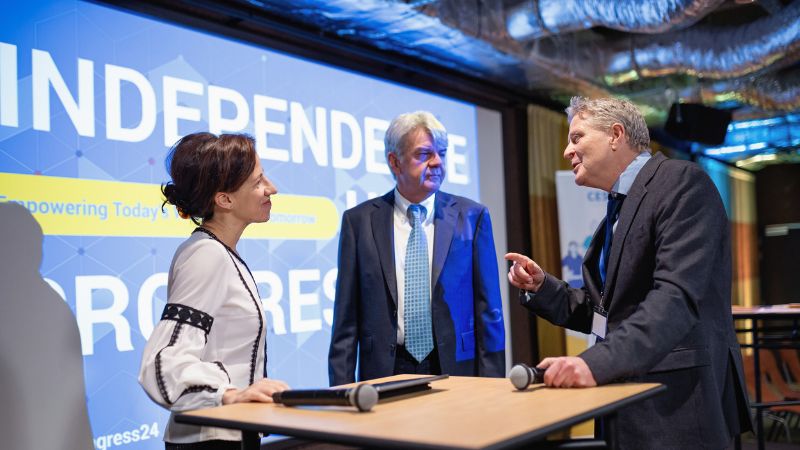

by
The training session provided participants with the opportunity to discuss about the role of the EU in the promotion of rights, the functioning of the European Institutions, the EU law-making process, and the importance of the European social dialogue.
On the 1st of April, young trade unionists gathered in the capital of Hungary to attend the 1st training and exchange module of CESI’s WEP project.
The training session provided participants with the opportunity to discuss about the role of the EU in the promotion of rights, the functioning of the European Institutions, the EU law-making process, and the importance of the European social dialogue.

Image Gallery
1st WEP Training in Budapest- Europe is its youth
No items found.
Related videos
No items found.
Similar Posts


Main news
2025-12-12
Urgent call by European civil society to the European leaders and the leadership of the EU
As a proud member of the European Movement International (EMI), CESI fully supports the urgent call to defend democracy, uphold fundamental rights and the rule of law, and strengthen the EU’s capacity to act in the face of geopolitical challenges.
Get in touch
with us
Confédération Européenne des Syndicats Indépendants (CESI)
Contact form
Stay up to date
Don’t miss a thing and subscribe to our newsletter
Subscribe now and receive newsletters and much more!



